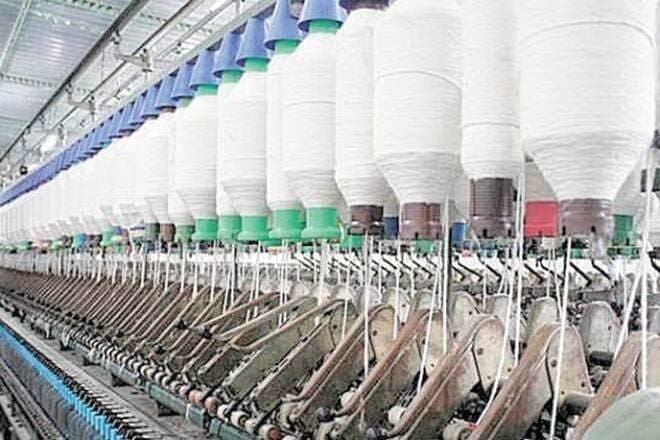In a tweet,Textiles Minister Smriti Irani said the “MoU approved today (on Wednesday) will facilitate Indian exports to meet the requirements of Japanese importers as per technical regulation imposed by Japan.”
The government on Wednesday approved for signing a pact between India and Japan aimed at increasing India’s exports of textile and apparel to the Japanese market, and to boost co-operation in the textiles sector.
The MoU, when signed, will help identify areas for optimising the benefit of the Comprehensive Economic Partnership Agreement (CEPA) signed between India and Japan earlier, and improve the quality and testing of Indian textiles and clothing for the Japanese market.
“The Union Cabinet chaired by Prime Minister Narendra Modi has approved for signing of a memorandum of understanding (MoU) between textiles committee, India, and M/s Nissenken Quality Evaluation Centre, Japan, for improving quality and testing of Indian textiles and clothing for the Japanese market,” an official statement said.
In a tweet, Textiles Minister Smriti Irani said the “MoU approved today (on Wednesday) will facilitate Indian exports to meet the requirements of Japanese importers as per technical regulation imposed by Japan.”
She added that this will help exporters expand their market in Japan and boost Indian textiles and apparel exports, including technical textiles to Japan.
India had signed a CEPA with Japan to facilitate Japan to import garments from India at zero duty.
This gives India’s textile industry a huge opportunity as Japan is the third-largest apparel importer in the world. However, India’s share in the Japanese market for the export of garment is still negligible, the textiles ministry said in a note.
The MoU would enable the Nissenken Quality Evaluation Centre, Japan, to assign the textile committee as their cooperative testing and inspection service providers in India for textiles and apparel products.
These include technical textiles and any other products mutually agreed upon at a later date for both domestic and overseas clients.
Irani also tweeted that she was “thankful to PM @narendramodi Ji and Union Cabinet for approving MoU between Textiles Committee of @TexMinIndia and M/s. Nissenken Quality Evaluation Centre, Japan for strengthening the network of quality and compliance services to ensure growth of trade in textile and apparel segment”.
The textiles committee is a statutory body set up by an Act of Parliament in 1963 working under the Ministry of Textiles, Government of India with a mandate to ensure quality of all textiles and textile products for domestic and export markets. Nissenken Quality Evaluation Centre, Japan, is the country’s leading quality evaluation institute established in 1948 as a testing and research institute in the field of textiles.
Technical textiles are material and products made primarily for their technical properties and functional requirements. They have wide usage such as agro-textiles, medical textiles, geo-textiles, protection-textiles, industrial-textiles, sports-textiles and many other usages.

